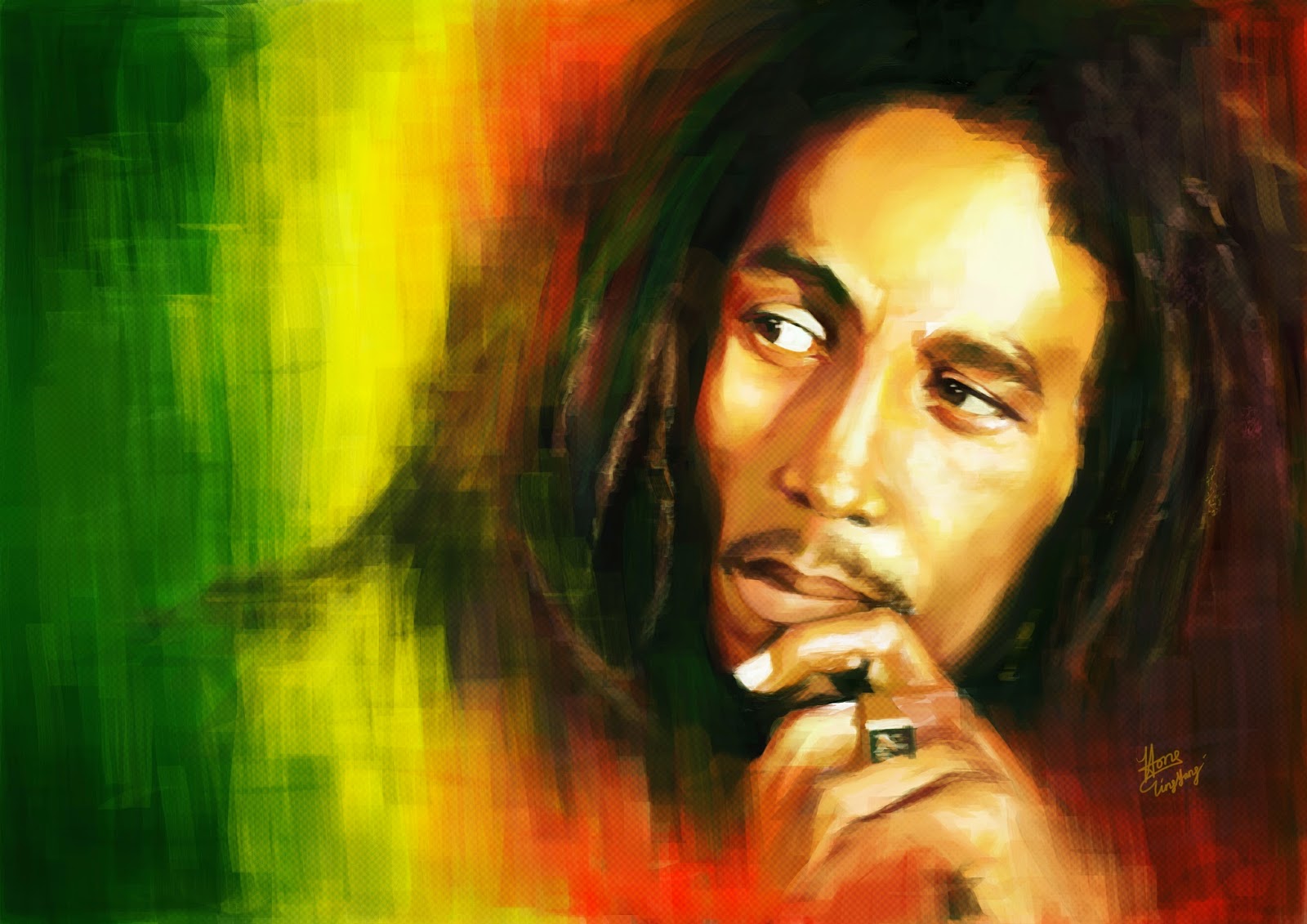Bob Marley is more than just a name; he is a cultural icon whose music, philosophy, and activism have left an indelible mark on the world. His messages of love, unity, and resistance resonate with millions, transcending geographical boundaries and social barriers. From his humble beginnings in Jamaica to becoming a global ambassador of reggae music, Marley's influence on society is undeniable. His songs continue to inspire generations, reminding us of the power of music as a vehicle for change.
The impact of Bob Marley can be seen in various aspects of culture, politics, and social movements. His ability to articulate the struggles of marginalized communities while promoting messages of hope and resilience has made him a symbol of peace and justice. Bob Marley's influence on society extends beyond the music industry; it encompasses the realms of literature, art, and even political discourse. Through his work, Marley has forged a powerful connection with people, urging them to rise against oppression and to unite in the face of adversity.
As we delve into the legacy of Bob Marley, we will explore the multifaceted layers of his influence on society. From his early life and musical journey to the lasting impact of his songs, we will uncover how Marley has shaped cultural narratives and inspired social change. Join us as we examine the profound influence of this legendary artist and how his work continues to resonate today.
What Was Bob Marley's Early Life Like?
Bob Marley was born on February 6, 1945, in Nine Mile, Saint Ann Parish, Jamaica. He was the son of a white father, Norval Sinclair Marley, and a black mother, Cedella Booker. Growing up in a rural environment, Marley faced challenges related to his mixed-race heritage. His early life was marked by poverty, and he moved to the city of Kingston as a teenager, where he was exposed to the vibrant music scene that would shape his future.
How Did Bob Marley Start His Music Career?
Bob Marley's music career began in the early 1960s when he formed a band called The Wailers. The group initially found success with a blend of ska, rocksteady, and reggae music. Marley's songwriting skills shone through, and he quickly became the band's lead vocalist and primary songwriter. Their breakthrough came with the release of the album "Catch a Fire" in 1973, which introduced reggae music to international audiences. Marley's distinctive voice and powerful lyrics captured the attention of fans worldwide.
What Are Bob Marley's Most Influential Songs?
Bob Marley's catalog is filled with songs that have become anthems of hope, love, and resistance. Some of his most influential songs include:
- "One Love" – A call for unity and peace among all people.
- "Redemption Song" – A poignant reflection on freedom and self-liberation.
- "Get Up, Stand Up" – An empowering anthem urging people to fight for their rights.
- "No Woman, No Cry" – A heartfelt tribute to resilience in the face of hardship.
How Did Bob Marley Influence Social Movements?
Bob Marley's influence on society extends to various social movements, particularly those advocating for civil rights and social justice. His music often addressed themes of oppression, inequality, and resistance, making him a voice for the disenfranchised. Marley's songs became rallying cries for movements in Jamaica and beyond, as they resonated with the struggles faced by marginalized communities.
What Role Did Bob Marley Play in Promoting Rastafarianism?
Bob Marley was a prominent figure in the Rastafarian movement, which emerged in Jamaica in the 1930s. Rastafarianism emphasizes a spiritual connection to Africa and promotes social justice and equality. Through his music, Marley introduced the principles of Rastafarianism to a global audience, integrating themes of spirituality, repatriation, and resistance against oppression. His lyrics often referenced biblical texts and celebrated African heritage, solidifying his position as a cultural ambassador for the movement.
How Has Bob Marley's Influence Evolved Over Time?
Since his untimely death in 1981, Bob Marley's influence on society has only grown stronger. His music continues to be celebrated and studied, with new generations discovering his powerful messages. Marley's legacy is preserved through documentaries, books, and tributes, ensuring that his impact remains relevant. Moreover, the reggae genre he popularized has influenced countless artists across various genres, from hip-hop to rock.
How Can We Continue to Honor Bob Marley's Legacy?
To honor Bob Marley's legacy, we can embrace the values he championed through our actions and choices. Here are some ways to keep his influence alive:
- Support social justice initiatives – Engage in movements that advocate for equality and justice.
- Explore reggae music – Discover new artists and support the reggae genre.
- Promote unity and love – Embrace diversity and foster connections with others.
- Educate others about his legacy – Share his music and story with friends and family.
What Lessons Can We Learn from Bob Marley's Life?
Bob Marley's life teaches us valuable lessons about resilience, creativity, and the power of music to create social change. His unwavering commitment to his beliefs and his ability to inspire others remind us that art can be a powerful force for good. As we reflect on his influence on society, we can strive to embody the principles he stood for—love, unity, and the relentless pursuit of justice.
In conclusion, the influence of Bob Marley on society is profound and far-reaching. His music has transcended time and space, uniting people in their shared struggles and aspirations. As we continue to celebrate his legacy, let us remember the messages of hope and resilience that he imparted through his art. Bob Marley's influence on society is a testament to the enduring power of music and its ability to inspire change.




